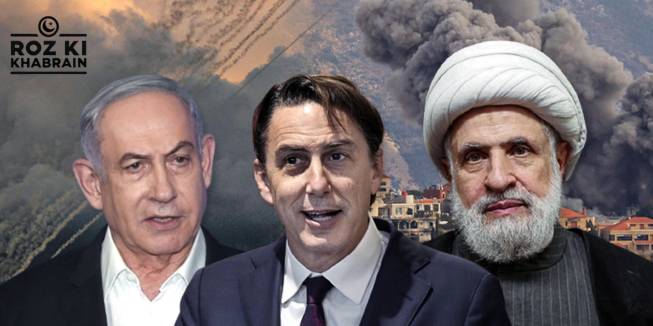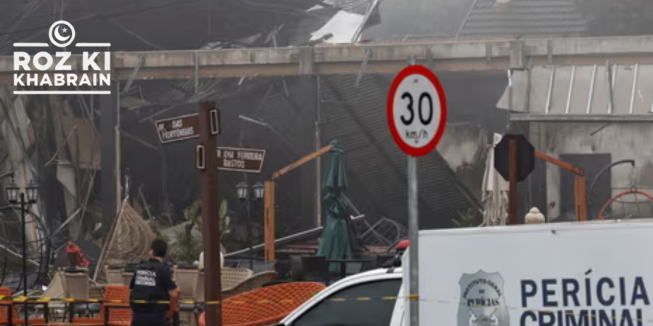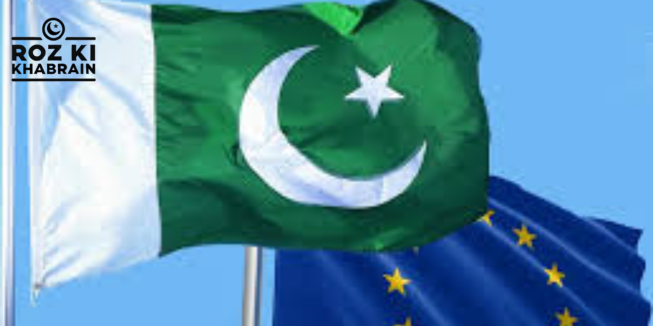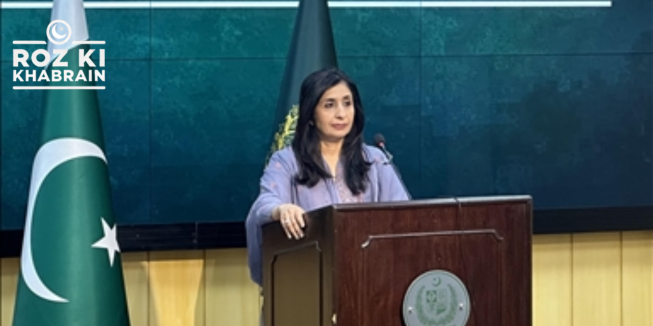In a televised address, Prime Minister Netanyahu announced that he would present the ceasefire agreement to his full cabinet later in the evening, following earlier approval by the more restricted security cabinet. The deal, which could bring an end to the conflict that has claimed thousands of lives since it began after the Gaza war last year, is expected to take effect on Wednesday.
“We will enforce the agreement and respond forcefully to any violation. Together, we will continue until victory,” Netanyahu stated. “In full coordination with the United States, we retain complete military freedom of action. Should Hezbollah violate the agreement or attempt to rearm, we will strike decisively.”
He added that Hezbollah was much weaker than at the start of the conflict, claiming that Israel had set the group back by decades. “We have eliminated its top leaders, destroyed most of its rockets and missiles, neutralized thousands of fighters, and obliterated years of terror infrastructure near our border,” Netanyahu said. “We targeted strategic objectives across Lebanon, shaking Beirut to its core.”
Israeli approval of the ceasefire would pave the way for a declaration by US President Joe Biden and French President Emmanuel Macron, according to senior Lebanese sources. Despite this diplomatic breakthrough, fighting continued as Israel intensified air strikes across Beirut and other Lebanese regions, with health officials reporting at least 18 casualties.
Hezbollah parliament member Hassan Fadlallah described the situation as “dangerous and sensitive” during the wait for a possible ceasefire announcement. However, there were no indications that a truce in Lebanon would expedite a ceasefire or hostage-release agreement in Gaza, where Israel is still engaged in combat with Hamas.
The Lebanon ceasefire agreement stipulates that Israeli troops withdraw from southern Lebanon, while the Lebanese army deploys in the area. Hezbollah is also expected to end its armed presence south of the Litani River along the border.




